Poverty is a great equalizer
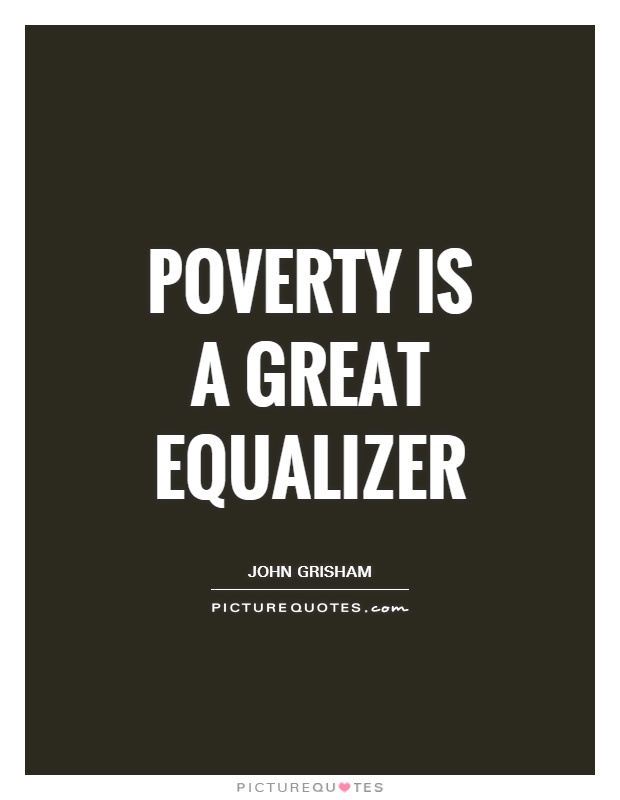
Poverty is a great equalizer
In many of John Grisham's novels, poverty is a recurring theme that serves as a great equalizer among characters from different backgrounds. Grisham often portrays poverty as a force that can level the playing field, breaking down barriers and bringing people together in unexpected ways.One of the most striking examples of this theme can be found in Grisham's novel "A Time to Kill." In this story, poverty is shown to be a common thread that connects characters from all walks of life. The protagonist, Jake Brigance, is a struggling lawyer who takes on the case of a black man accused of killing two white men who raped his daughter. Despite their differences in race and social status, Jake and his client are united by their shared experience of poverty and the injustices they face as a result.
Similarly, in "The Street Lawyer," Grisham explores the impact of poverty on individuals living on the margins of society. The protagonist, Michael Brock, is a successful lawyer who is forced to confront his own privilege and prejudices when he encounters a homeless man named Mordecai Green. Through their interactions, Grisham highlights the ways in which poverty can strip away the trappings of wealth and power, revealing the humanity that lies beneath.
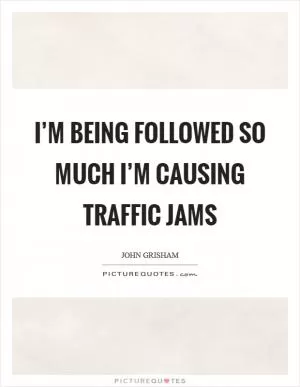


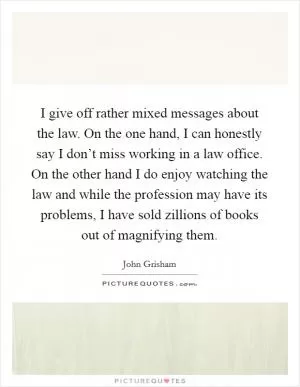


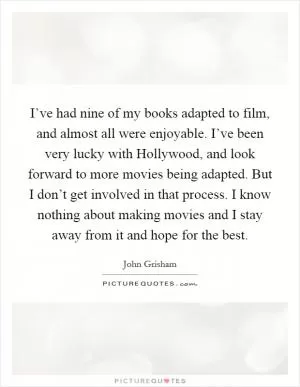


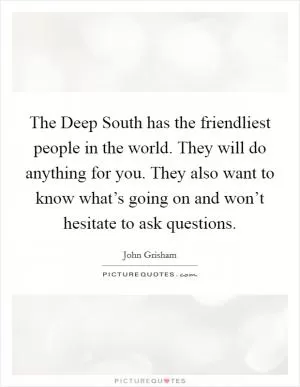
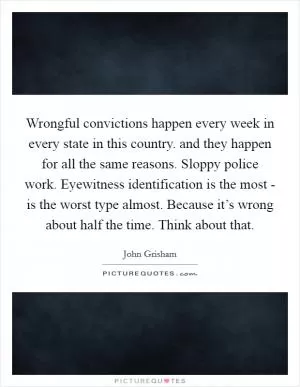

 Friendship Quotes
Friendship Quotes Love Quotes
Love Quotes Life Quotes
Life Quotes Funny Quotes
Funny Quotes Motivational Quotes
Motivational Quotes Inspirational Quotes
Inspirational Quotes